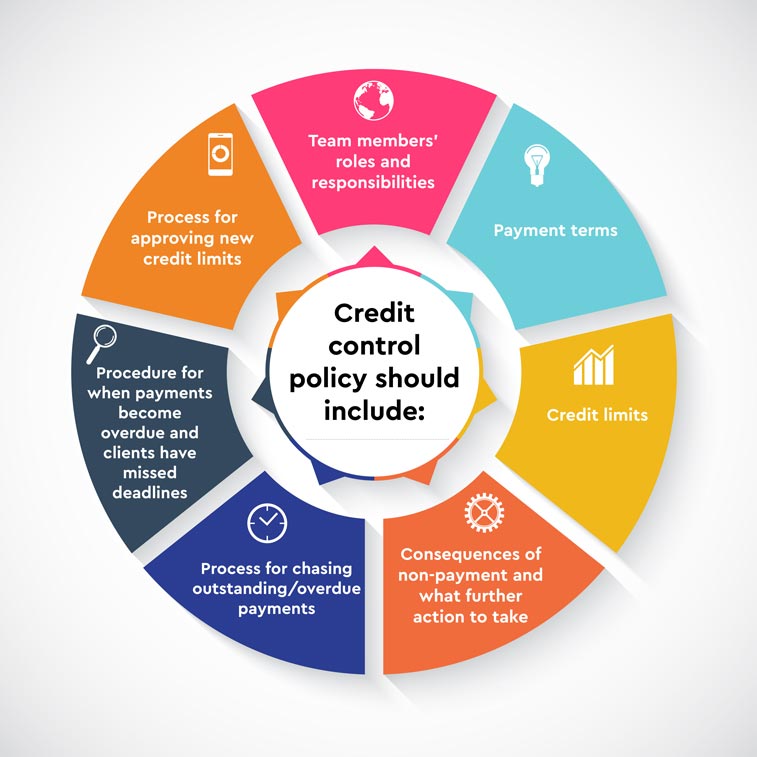Don’t let debt drag you down

Bad debts can harm your businesses. Late payments can lead to a shortage of cash, making it difficult to pay suppliers, staff or other expenses. This can create a vicious cycle, where the business has to rely on credit to stay afloat, leading to even more debt and financial instability. Credit control expert Sam O'Hara, who has 24 years' experience of chasing overdue invoices, provides some top tips about your credit control procedure and policies and how it can improve your cash flow.
As a business owner, you know that credit control is a critical part of your business operations. Managing debt levels can be challenging, but effective communication is key to success.
A good credit controller will be able to keep debt levels low by being proactive rather than reactive. This means taking action to prevent problems, rather than waiting for problems to arise. Here are some examples of best practice below:
- Sending emails to remind customers of upcoming due dates, deadlines and payment plans, including pertinent payment details, such as account reference numbers and amounts owed.
- Attaching a copy of the invoice/credit note so your customer will have all the information to hand.
- Confirming the client has all the information they need to make the upcoming payment.
- Offering different methods of payments, including bank transfer, credit card or the possibility of setting up direct debits.
When it comes to credit control, communication is a must. Keeping your team members informed of any changes within your business and most importantly keeping your customers informed and up-to-date with any changes to payment terms or deadlines. By taking this action, you will not only avoid late payments but also build trust and relationships with your team members and clients.
Getting your clients to settle their invoices before they are due will be a big benefit to your business by improving cash flow and saving time.
To achieve this, you need to put in place an effective credit control policy. This policy should outline the procedures and processes that you want your team to follow. Make it clear and easy to understand for all staff. And make each member familiar with this policy, so they can follow it correctly. It will, after all, be unique to your own business.
What should your credit control policy include?
- Team members' roles and responsibilities
- Credit limits
- Payment terms
- Process for approving new credit limits
- Process for chasing outstanding/overdue payments
- Procedure for when payments become overdue and clients have missed deadlines
- Consequences of non-payment and what further action to take
By having a clear policy in place, your team will be working effectively and efficiently, reducing misunderstandings and confusion amongst team members. It is essential to communicate the policy to all staff so they can follow it correctly.
It is also important to note that your team have the skills to do their jobs by providing them training and helping them learn new ways of working. This will help your business move forward and reduce your debt.

Credit control affects cash flow
Effective credit control is essential for managing cash flow and maintaining the financial health of your business.
If you would like more insight to your cash flow and how your credit control is affecting your business, contact our advisers today.
We can help you determine any issues affecting your business, including: credit control processes; the monitoring and management of cash flow; forecasting and planning; and reduction in risk of bad debts. This information and insight can ensure that your business has the cash it needs to grow and succeed.
Contact us today on 0115 9555500 or email enquiries@pagekirk.co.uk